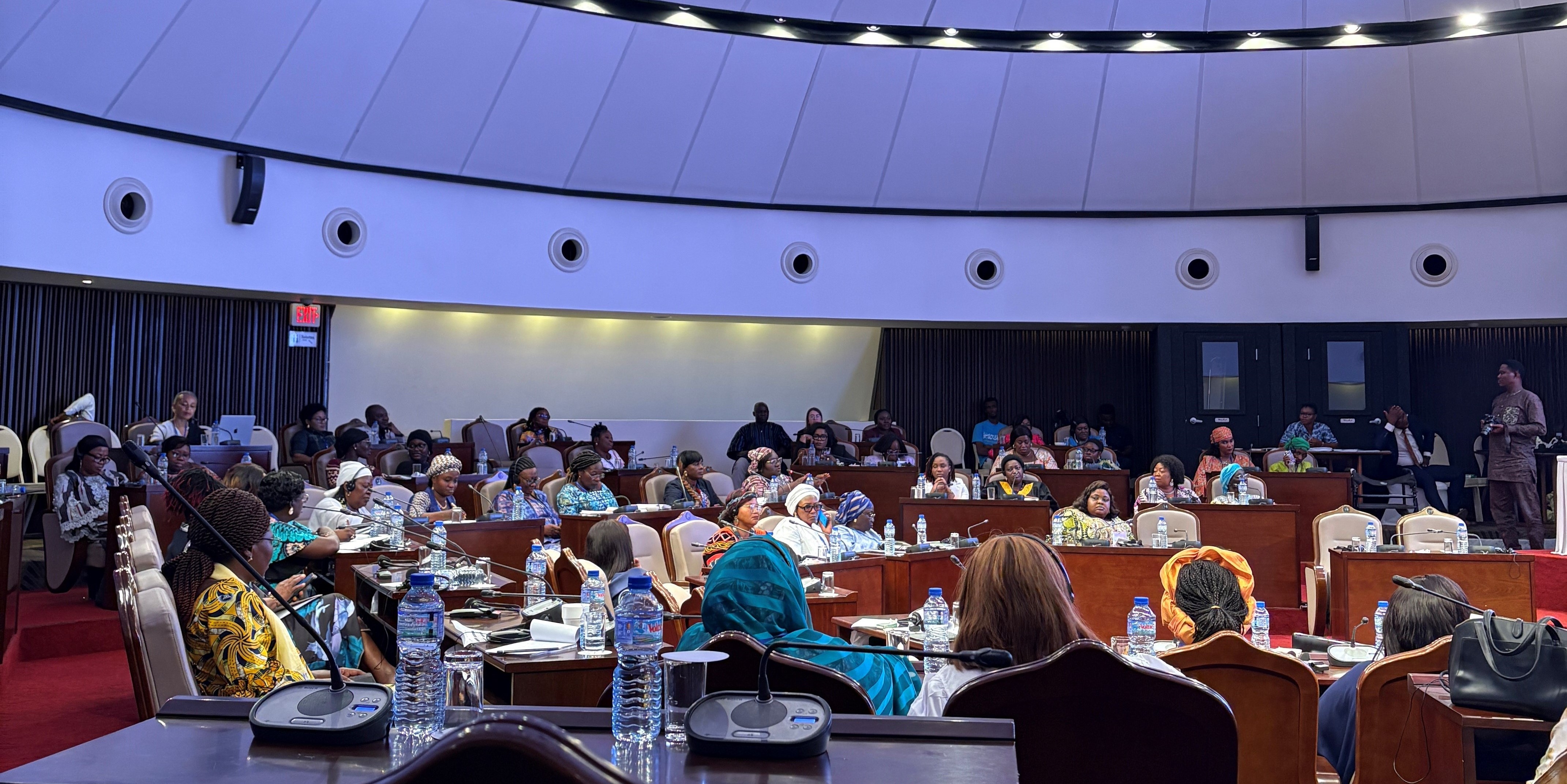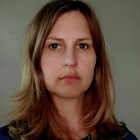Political Participation of Women: Event for Local Women Leaders in Western Africa and Cameroon
News details
Key takeaways from Lomé Conference for Locally Elected Women in Western Africa and Cameroon

'Women are not mere beneficiaries of development cooperation; they are pivotal agents in promoting gender equality and driving societal transformation for a better future for all.'
These were the inspiring words of Rohey Malick Lowe, Mayor of Banjul, during her opening remarks at the landmark conference in Lomé, Togo. Mayor Lowe is not only a member of the Standing Committee of United Cities and Local Governments (UCLG) on Gender Equality but also serves as President of the Network of Locally Elected Women of Africa (REFELA).
The event, organised in cooperation with the European Commission, UCLG, the Commonwealth Local Government Forum (CLGF), and the Association Internationale des Maires Francophones (AIMF), marked a significant step in bringing together locally elected women leaders from various municipalities, cities, and regions across Western Africa, and Cameroon.
Over two days, the event saw the participation of nearly 100 delegates from 15 countries. They discussed key topics, including enhancing leadership skills, showcasing success stories, combatting violence against women politicians, and engaging young women, all while exploring ways to create more inclusive political environments by challenging entrenched social norms and involving men as allies.
Marlene Holzner, the Head of Unit of G2 Civil Society and Local Authorities in DG INTPA of the European Commission, conveyed her enthusiasm, emphasising the critical role of women's full and equal participation in achieving gender equality and bolstering democratic processes in Western Africa and Cameroon. She underscored the EU's commitment to these goals, guided by policies such as the Gender Action Plan III (GAP III) and supported by programmes like the Women and Youth Democratic Engagement (WYDE), both of which are vital in enhancing women's political engagement and leadership in the region.
Lina Andeer, Gender Expert in DG INTPA unit G1 on Gender equality, Human Rights and Democratic Governance, also highlighted the Women and Youth Democratic Engagement (WYDE) Initiative as a key EU initiative to empower women and youth, promoting their political and civic engagement. In her intervention, she noted that investing in initiatives that support the development of women's leadership and participation in decision-making processes is essential to accelerating progress towards gender equality. To this end, the WYDE Women’s Leadership programme, launched in March 2024 by the European Union with €11.5 million over three years, focuses on enhancing women's political participation and tackling barriers to gender equality through a comprehensive strategy that includes advocacy, networking, and transformative social norms change.

Among the key outcomes and takeaways, which emerged from two days of in-depth discussions and collaborative sessions at the conference, were:
- Economic Empowerment: There was a consensus on the imperative for economic empowerment to aid women aspiring to political careers. Access to financial resources and logistical support was recognized as crucial for the launch and sustainability of political campaigns.
- Supportive Networks: The value of cultivating supportive networks for women in politics, composed of both women and men dedicated to gender equality, was underscored.
- Cultural Transformation: A central theme was the challenge of transforming discriminatory cultural practices, with a call to action against issues such as female genital mutilation and child marriage.
- Role Models and Allyship: The influence of role models and the construction of allyship were emphasised, promoting mentorship and the visibility of (young) women leaders to inspire others. Mentorship and intergenerational dialogue will build a legacy of allyship and leadership that is enduring and impactful.
- Education and Awareness: The event highlighted the transformative power of education and awareness in empowering women and informing them of their rights.
- Grassroots Engagement: Trust-building with local communities was highlighted, encouraging women politicians to engage in direct community projects to demonstrate commitment and promote inclusivity.
- Empowerment of Young Women: The conference stressed the importance of focusing on empowering young women, providing them with mentorship and support to ensure they are prepared to step into leadership roles.
- Solidarity and Inclusion: The discussions have underscored the importance of solidarity among women. Collaboration, rather than competition, will strengthen their collective voice. This includes embracing the diverse perspectives of women across backgrounds, especially those in conflict-affected areas.
- Inclusivity for Women with Disabilities: The need to support women with disabilities, who face additional barriers, was acknowledged, along with the importance of accessible infrastructure. The conference concluded with a powerful message of solidarity among women politicians and the aspiration for an environment conducive to thriving female political leadership. By championing gender equality and sustainable development, Western Africa and Cameroon moves closer to a more equitable future.
A particular perspective raised during the discussions was the need to acknowledge the evolution of women's roles from active political participants in pre-colonial times to their marginalisation post-independence, informing the contemporary struggle for gender equality.
Finally, participants appealed to the European Union to establish a platform for the exchange of good practices, provide capacity-building opportunities, support networking, and help to advocate to advance women's political empowerment and gender equality in the region.

Log in with your EU Login account to post or comment on the platform.